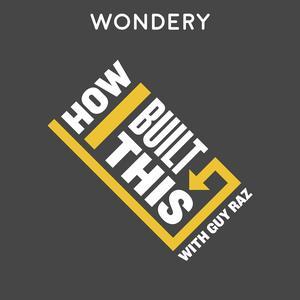
In this episode of Radiolab titled “Null and Void”, the hosts explore the powerful and controversial concept of jury nullification. They delve into the history, implications, and ethical dilemmas surrounding this legal loophole that allows jurors to disregard the law and acquit defendants based on their own beliefs. Through personal stories and thought-provoking discussions, they shed light on the complex dynamics between judges and juries, the potential for abuse or justice, and the impact of jury nullification on society.
Jury duty offers individuals a unique sense of power and a chance to step outside their own lives. It presents a moral and ethical puzzle as jurors deliberate on guilt or innocence. However, the power of a jury extends beyond determining individual cases; it can shape society and challenge existing laws. The story of Laura Creehome, the first juror in centuries to be prosecuted for her verdict, highlights the concept of jury nullification. This legal loophole allows jurors to disregard the law if they believe it to be unjust, sparking debates about anarchy versus democracy.
The William Penn trial in 1670 marked the birth of religious liberty and the beginning of jury nullification. It created a protected space called the jury room, where jurors cannot be punished for their decisions. Juries were once seen as a means of trusting ordinary people to administer justice. However, over time, judges reclaimed the power to interpret the law, leading to the marginalization of jury nullification. This shift raises questions about who has the authority to define the law and the need to protect the role of the jury as a democratic institution.
Activists advocating for jury nullification have emerged, distributing pamphlets on juror rights and encouraging jurors to vote their conscience. This activism spans diverse backgrounds, including gun rights, libertarianism, and racial justice. However, these activists often face legal challenges, with some being arrested for jury tampering. While jury nullification can be a powerful tool to challenge unjust laws, it also raises concerns about the potential harm to victims and the erosion of the justice system. The debates surrounding jury nullification ultimately revolve around how society wants to be governed and the balance between individual beliefs and collective justice.
Jury nullification is a complex and controversial concept that challenges the traditional dynamics between judges and juries. It offers jurors the power to disregard the law if they believe it to be unjust, potentially leading to significant societal changes. While jury nullification has historical significance and has been used to protect civil rights and challenge oppressive laws, it also raises concerns about the potential for abuse and the difficulty victims may face in obtaining justice. The question of jury nullification ultimately comes down to how society wants to be governed and the delicate balance between individual conscience and collective justice.